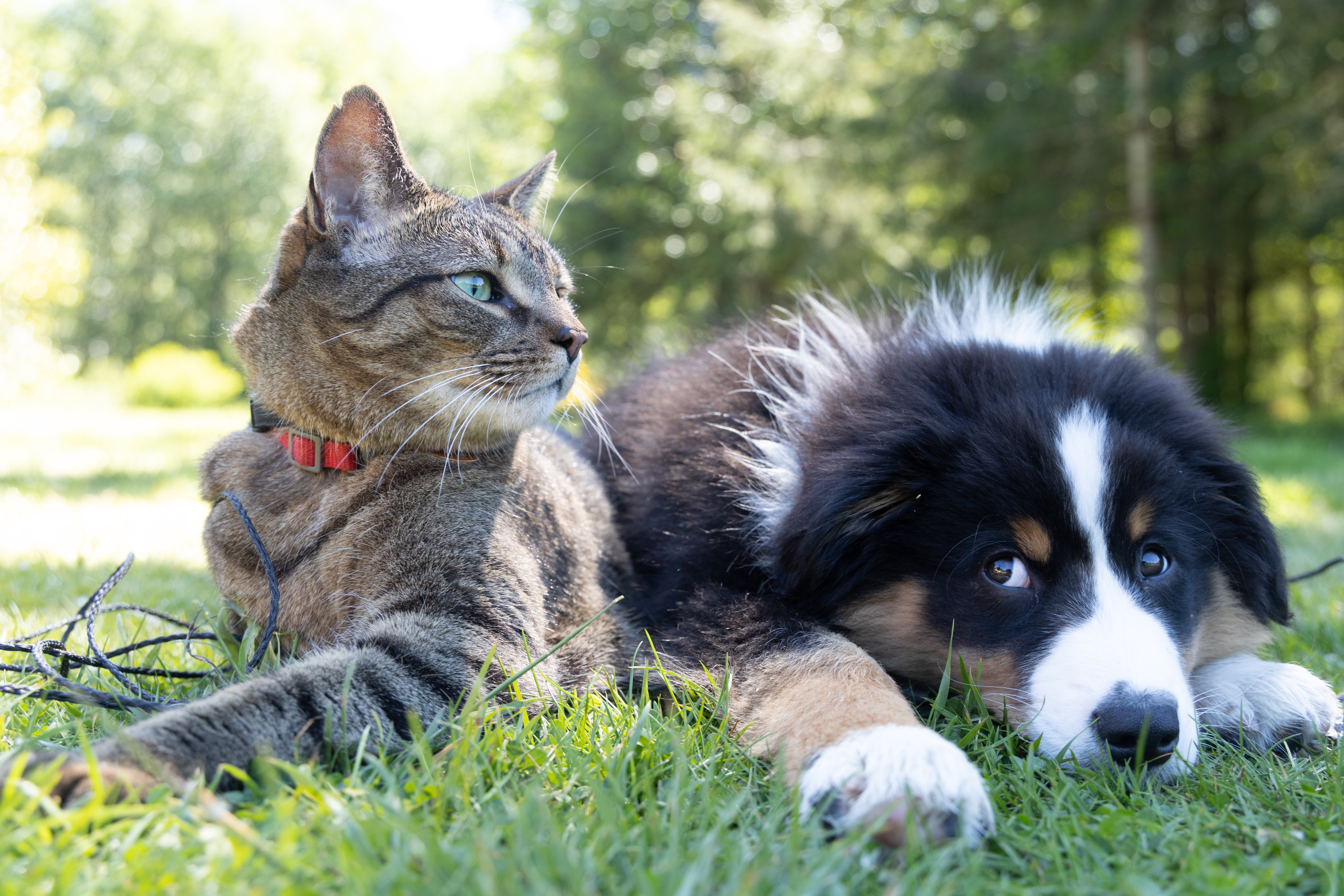Media release
From:
Dogs vs cats in lockdown
New research reveals there are differences in how dogs and cats help people deal with the loneliness of COVID lockdowns.
Dr Jessica Oliva is a lecturer in psychology at James Cook University. She led a study that surveyed nearly four hundred people living alone in lockdown, with or without a dog or cat.
“A 2018 study showed 50 per cent of Australians ‘sometimes’ or ‘always’ felt alone – a risk factor for depression and anxiety. This number was found to be higher in younger than older adults and equal across genders,” said Dr Oliva.
She said researchers are beginning to understand how mindfulness - the ability to keep the mind attending to what is occurring in the present moment – may help protect against depression, anxiety and stress and boost well-being.
“We wanted to find out whether interactions with pets were associated with higher levels of mindfulness in their owners, and whether this also protected them against loneliness – and a government-mandated lockdown that exacerbated social separation was a good opportunity to investigate this,” said Dr Oliva.
She said the research showed pet interactions were not associated with higher mindfulness scores, or lower levels of loneliness, but there were differences between cat and dog owners when it came to loneliness and mindfulness.
“Simply owning a dog did appear to buffer the effects of loneliness in some way. For dog owners more so than cat owners, an important aspect of this was the existence of a physical connection - being able to touch and feel another living creature in the house,” said Dr Oliva.
She said both dog and cat owners mentioned the importance of the pet as an excuse to talk out loud, which has been shown to improve concentration and performance on cognitive tasks.
“Qualitative reports from dog owners demonstrated enhanced awareness and mindfulness as a core theme resulting from inter- acting with their dogs. But contrary to expectations, cat owners were found to be less mindful than non-owners.
She said it is possible cat owners are just inherently less mindful as similar differences have been observed with other traits - ‘cat people’ have been shown to score significantly higher on neuroticism than ‘dog people’, for instance.
“Dog owners also had two themes that were unique to them: that their dogs encouraged them to take them for a walk and offered them an opportunity to socialise with other people. Both walking and socialising are positive in terms of mental health,” said Dr Oliva.
She said the findings suggest that the increased demand for pets observed by Australian animal shelters prior to the COVID-19 lockdown may offer no additional benefit than going outside for a walk or striking up a conversation with neighbours.
“But the results do suggest, however, that dogs might be wonderful catalysts for these activities,” said Dr Oliva.



 Australia; QLD
Australia; QLD


